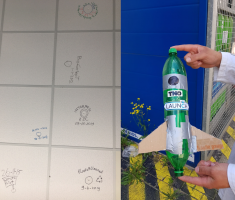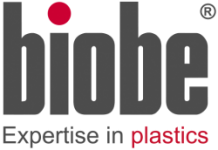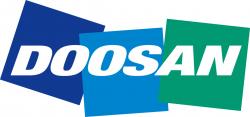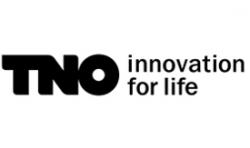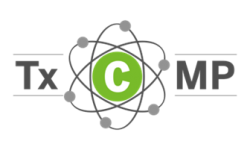LAUNCH showcases results at final event in Delft
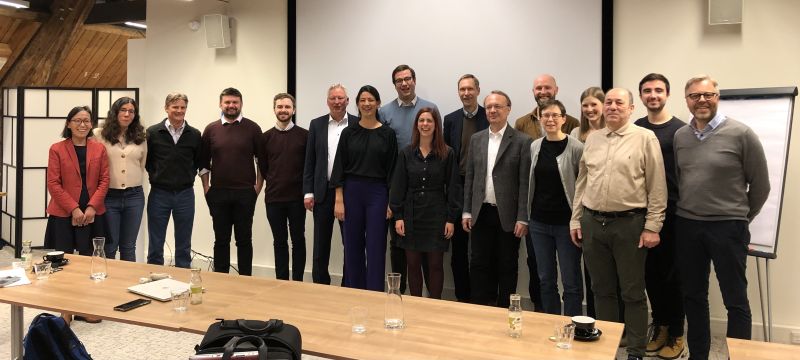
Carbon capture utilisation and storage (CCUS) has a key role to play in helping tackle increasing global carbon dioxide (CO2) emissions, and there is a need to make CCUS more effective and more efficient. This pursuit of operational excellence was very much the context under which the LAUNCH project began in 2019 and the context under which the results of more than three years of international collaboration on post-combustion CO2capture solvent behaviour were showcased at the project’s final dissemination event on 15 February 2023.
As with the kick-off meeting in 2019, Delft in The Netherlands, the home of LAUNCH project coordinator TNO, again played host to the partners and funders from across the five participating countries – Germany, Norway, The Netherlands, UK and USA – who assembled to present and discuss the key outcomes from the ACT2 project with a public (online) audience.
Progress made; work still to be done
The feeling in the room was one of pride, with the project having overcome numerous significant challenges including an untimely flooding of the PACT testing facility at the University of Sheffield, the artic temperature at NCCC and the COVID-19 pandemic. The general consensus was that while important strides had been made, there was still much to do to improve our understanding of CO2 capture solvents.
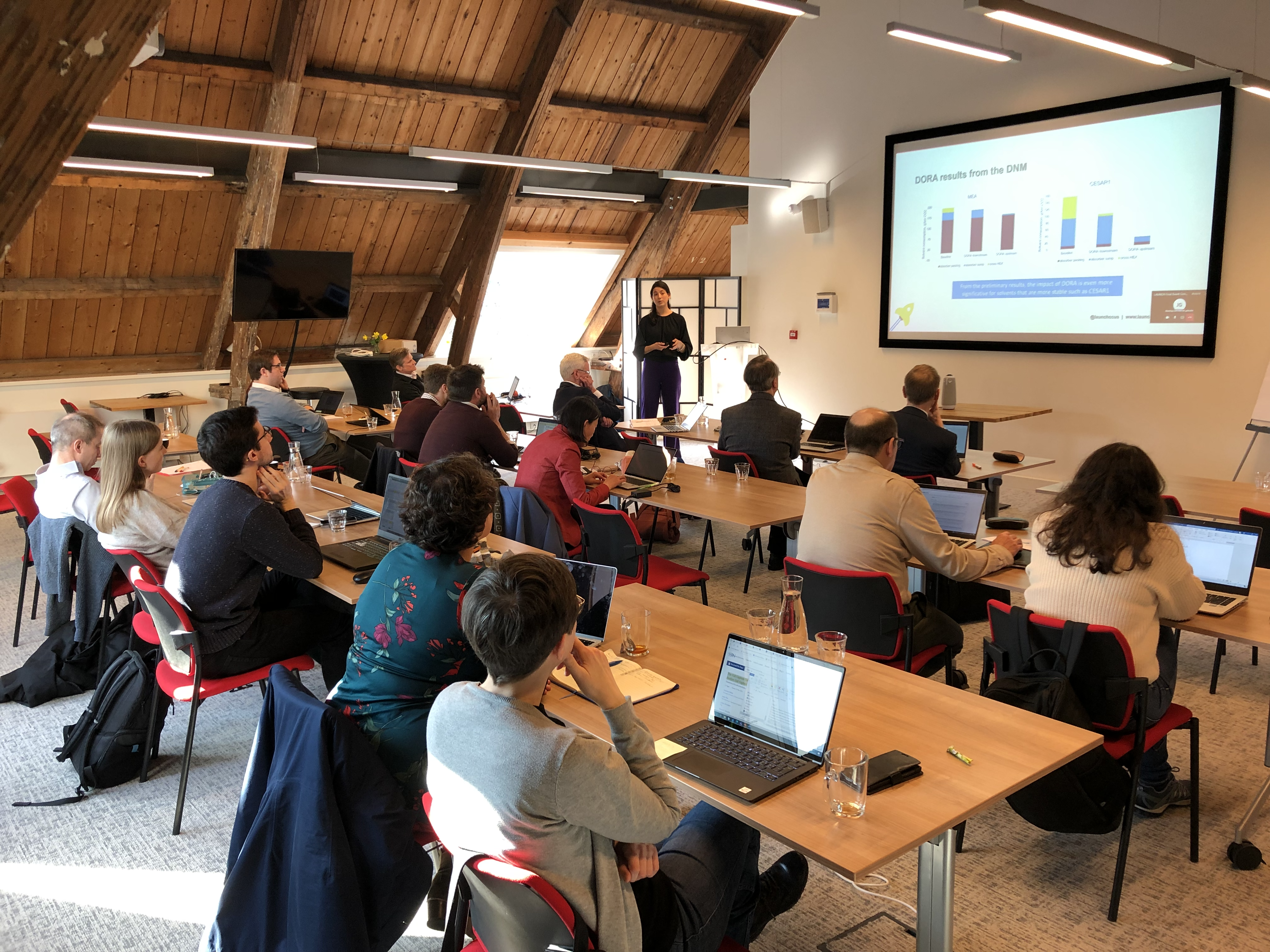
Focused on the three key strands of predicting and controlling solvent degradation and qualifying solvents, the presentations highlighted a number of world firsts:
- Construction and testing of a 100% non-metallic CO2capture demonstration plant, co-developed by TNO industrial partner BEFORM (previously Biobe AS) and Goodtech
- Installation and testing of the TNO CO2 capture mini-plant at RWE, Niederaußem, Germany
- Long-term 24/7 solvent testing programme using the CESAR-1 solvent at RWE’s pilot plant in Niederaußem that has run continuously since April 2019 and for over 1400 days
- More than 90% oxygen removal with both DORA and Nitrogen sparging technologies
- Methodology to test and predict solvent degradation.
Summing up, Juliana Monteiro, Scientific Researcher at TNO and technical coordinator, identified the global exchange of ideas and collaboration between European and US partners as a particular strength and highlighted the reduction of the effort to qualify a (new) solvent by using smaller scale LAUNCH rigs as a key outcome of the project. She was also clear on the need for further testing on 1st, 2nd and 3rd generation solvents.
Legacy
The project leaves behind a legacy in the form of the soon-to-be-publicly-available solvent degradation database and the generalised Degradation Network Model (DNM), both key objectives of the project which will feed into a Solvent Degradation Interest Group. This group will comprise wider industry stakeholders which will facilitate continued collaboration beyond the end of the project.
“LAUNCH has delivered very interesting results on how CO2 capture can be implemented. The results should be of high interest for all large CO2 emitters that are looking for cost-effective ways for reducing their emissions. I therefore believe LAUNCH will have a big impact on wide deployment of large-scale CO2capture,” said Aage Stangeland, coordinator for the Accelerating CCS Technologies (ACT) initiative which funded LAUNCH.
“In the LAUNCH project, some of the most knowledgeable scientists in the field worked together for more than three years on this important issue. Our dream was to solve the problem and I am very proud to coordinate this project and happy to say that we have come far to reach this goal. It involved a lot of hard work, commitment and intense discussions from all partners in the project,” said TNO’s Peter van Os, the project coordinator.
“The result will lead to lower costs of ownership for CO2 capture and will accelerate its implementation. Keep an eye on our website, a lot of results will be published there for the community.”
Delft city walk
Ahead of the meeting, attendees were treated to a guided tour of Delft, a historic canal city in between The Hague and Rotterdam. We took in sights such as Oostpoort (East Port), the only remaining example of the eight original gates to the city; Nieuwe Kerk (New Church), where members of the Dutch royal family are buried; and Oude Kerk (Old Church), which could give the Leaning Tower of Pisa a run for its money.
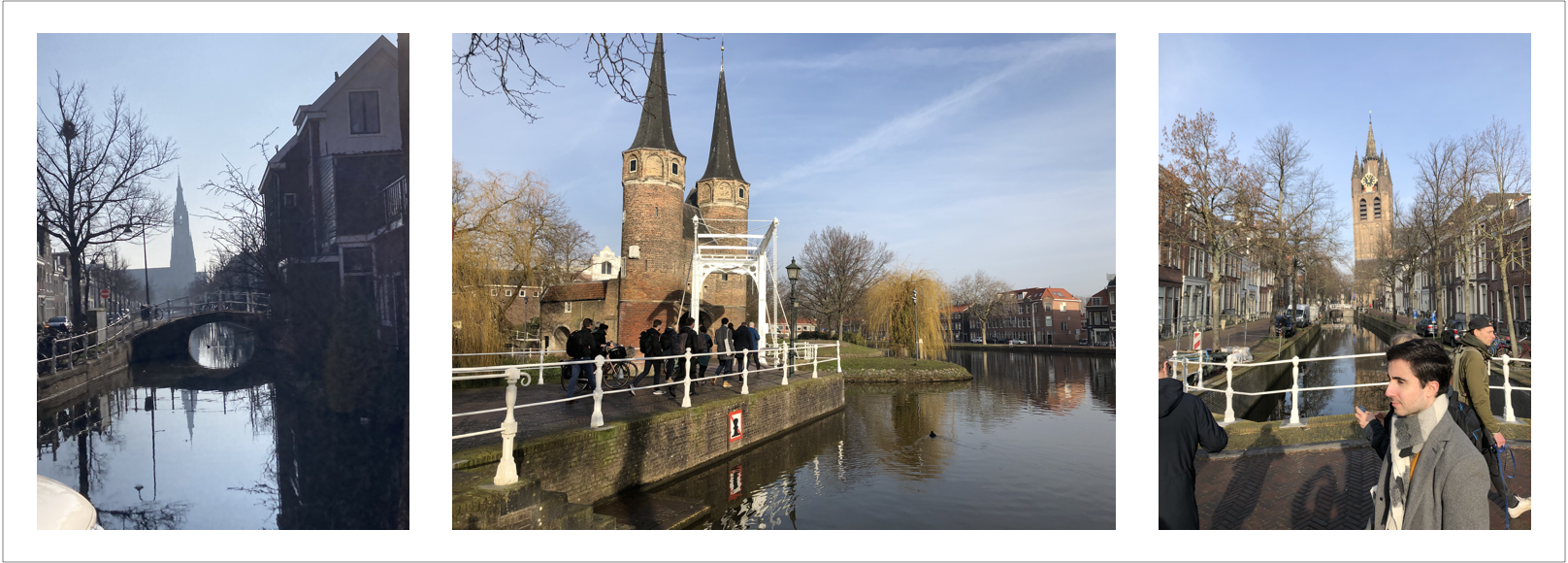
Links
Please click here to download the speakers’ slides or to access the recording of the event.


